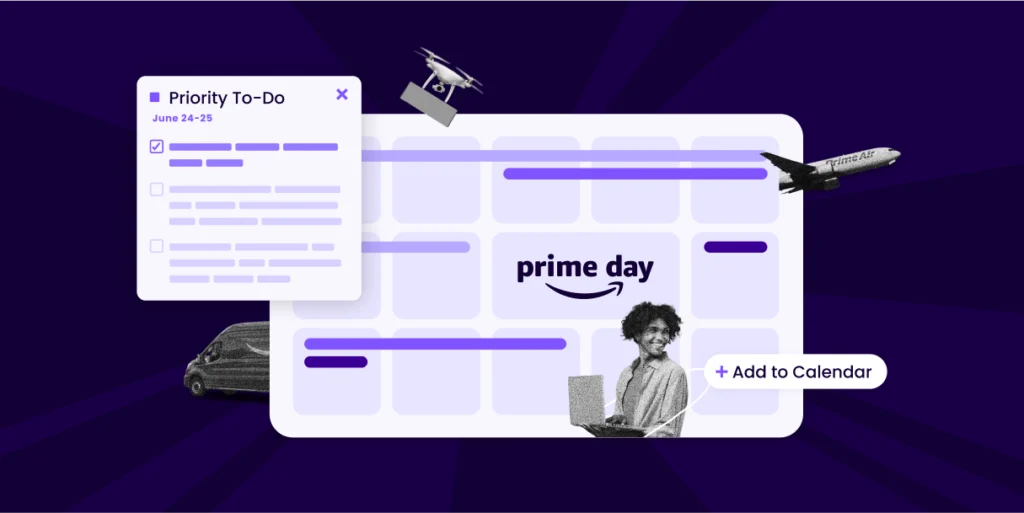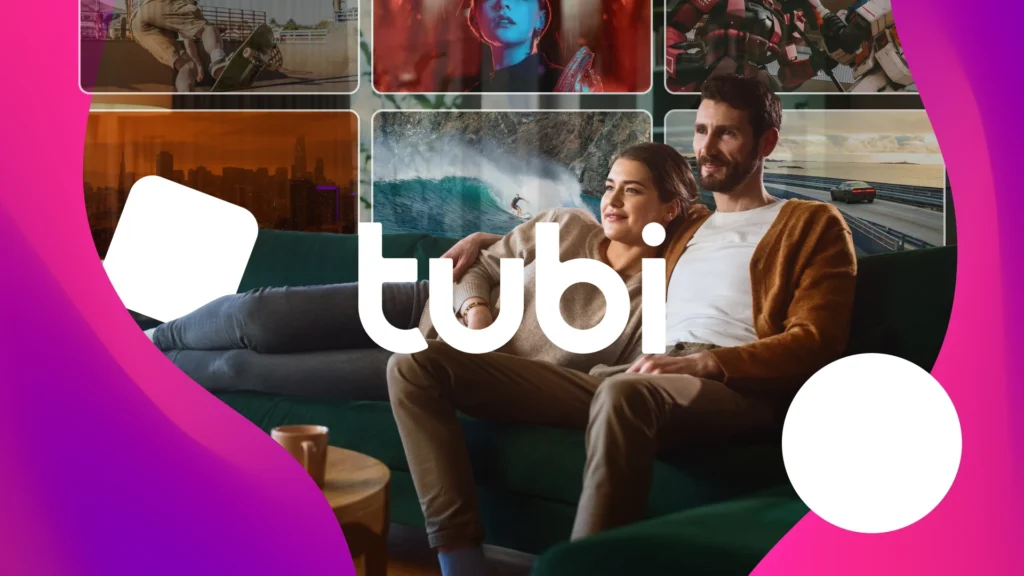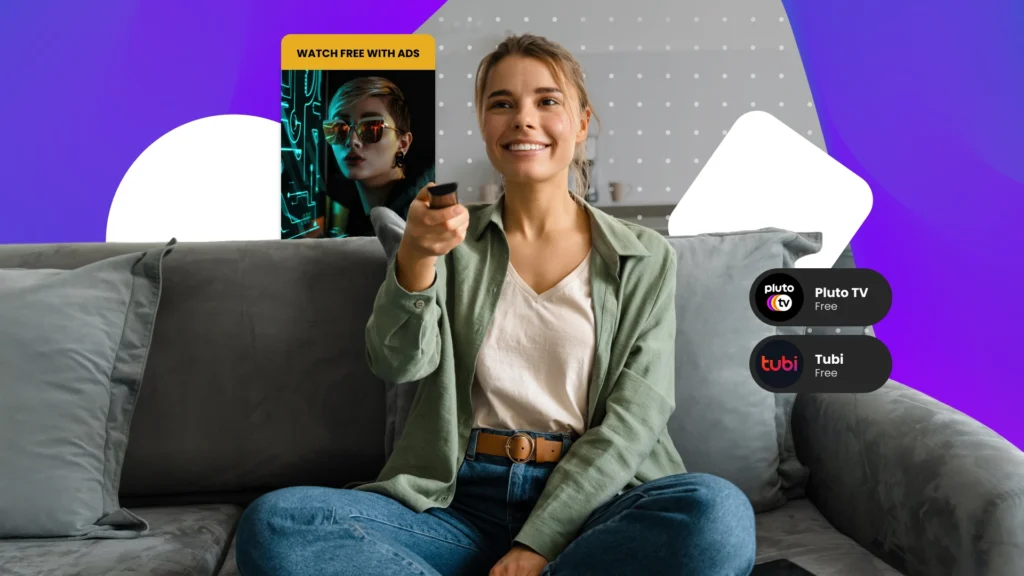Think of the last time you purchased an item or service. What influenced you to choose that particular item or service? Did the price sway you? Did you recognize the brand? Or did you just plain “go with it” on impulse? What was your experience like?
In a recent survey, almost 70% of US consumers said they look for a known brand when deciding what search results to click on. Following in spots 2 and 3 were free shipping and price/discount.
Known brands that advertise with lots of dollars could use this consumer sentiment and become complacent with their advertising. Makes sense right? People know my brand, they know my product, so why invest so much in digital if they are going to buy from me anyway?
Even though you may own your brand, chances are the consumer doesn’t even know you are you. Many advertisers run affiliate marketing programs. These programs allow big brands to extend their reach across multiple ads and sites, all while using their name. Sure, sales may increase, but there are more questions at hand: who owns the relationship? Is it you, or your affiliate?
For example, a potential customer completes a search on Google. This customer is looking for a home service. Out of all the ads that appear in the search results, there are 3 that look very similar. These ads all have the same price, theme and what appears to be domain. The customer recognizes the brand and clicks on 1 of the ads. Little do they know, they clicked on the affiliate ad. This person is taken to a landing page that is poor. Their experience is so bad, they exit the page, continue to research other home service companies and bad mouth the advertiser for the rest of their life. This all happened and they didn’t even click on the “real” brand’s ad.
What happens is you end up owning the relationship with this person and you practically had nothing to do with their experience. These unfortunate experiences can add up costing your brand a lot of money. Affiliates if not managed properly can go from an asset, to your competitor(s).
Prevent these poor experiences by keeping a brand checklist to ensure you are presented in the best light. Some examples include:
- Police Pricing – Are my affiliates offering approved pricing?
- Messaging – What are my affiliates saying? Are we consistent?
- Location – Where are my affiliates showing their ads? Where am I in relation?
- Experience – Where are my customers being taken? Is the landing page clear, concise and easy to read?
Having the almighty brand isn’t going to continue to bring in customers. Managing your image is more important than ever. By not policing your affiliates puts you at risk to lose that image you’ve worked so hard for. Manage all of your partnerships and your customers’ experiences from these partnerships. At the end of the day, don’t just be responsible for your customer relationships, own them.
Graph Source: http://searchengineland.com/brand-bias-70-of-consumers-look-for-known-retailers-when-doing-product-searches-179570
You Might Be Interested In













